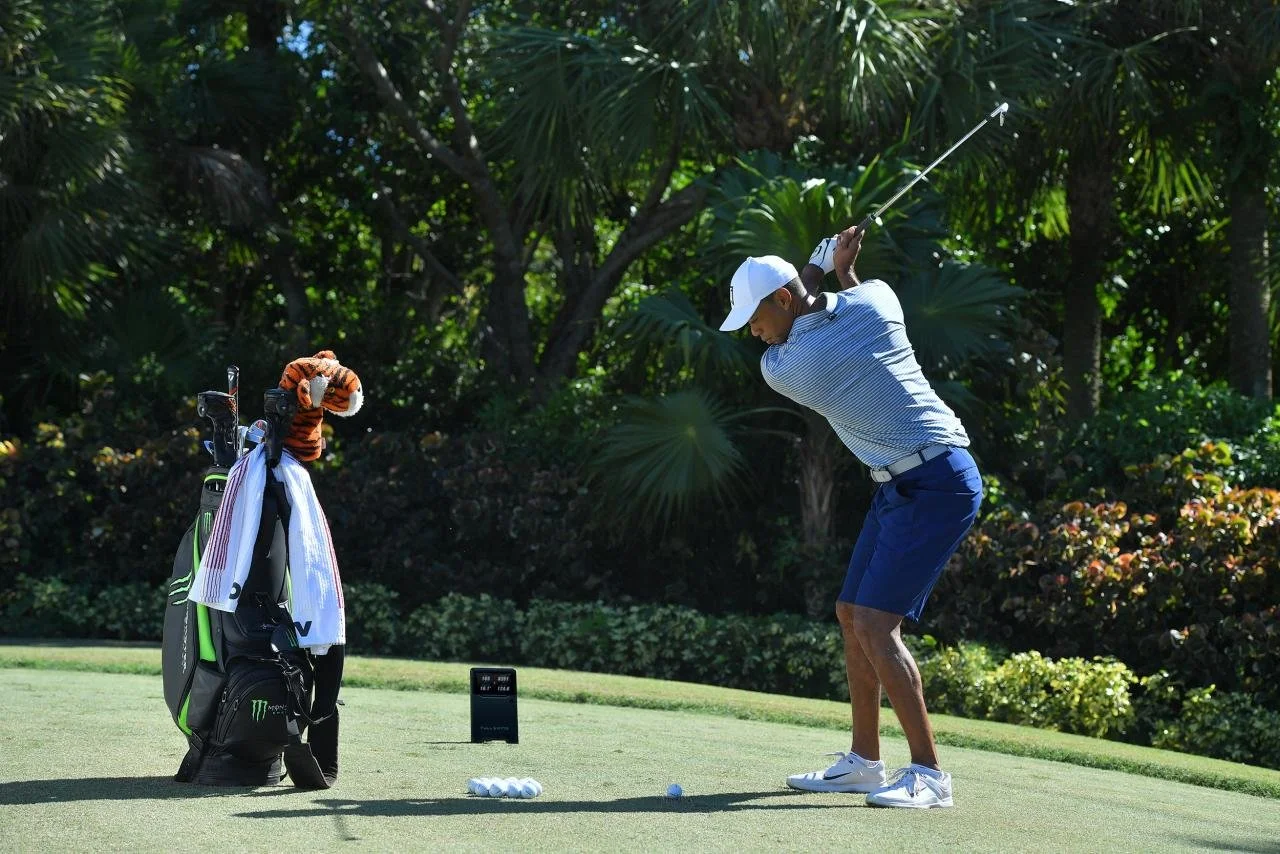Mastering Health: Learning from Tiger Woods Part 3
Tiger Woods on the practice range at the 2022 PGA Championship.
As we delve into the parallels between Tiger Woods' mastery of golf and our pursuit of health mastery, let's explore the concept of deliberate practice – a cornerstone of both endeavors.
Receiving appropriate feedback from a coach/health professional is crucial for making improvements and focusing your efforts in the right direction.
Deliberate practice, as psychologist Anders Ericsson defines it, involves focused, systematic efforts to improve performance in a specific skill. Woods' relentless commitment to practice is legendary. He spends countless hours on the driving range, meticulously refining every aspect of his game. Similarly, achieving mastery in health requires deliberate practice—consistently making conscious choices that contribute to our well-being.
In fitness, deliberate practice might involve adhering to a structured workout regimen and progressively challenging our bodies to adapt and grow stronger. Whether lifting weights, practicing yoga, or engaging in cardiovascular exercise, each session presents an opportunity to refine our technique, increase our strength, and enhance our overall fitness level.
Dr. Josh Wideman evaluating rotational capacity in a patient.
Likewise, deliberate practice extends to nutrition – making mindful choices that nourish our bodies and support our health goals. Whether planning balanced meals, monitoring portion sizes, or choosing nutrient-dense foods, each decision contributes to our overall well-being.
Moreover, deliberate practice encompasses mental and emotional aspects of health, such as stress management and self-care. Like Woods practices visualization techniques to enhance his mental game on the golf course, we can cultivate mindfulness, meditation, and relaxation strategies to promote mental clarity, resilience, and emotional balance.
Another critical aspect of deliberate practice is feedback – the ongoing evaluation of our performance to identify areas for improvement. Woods relies on his coaches and caddies to provide feedback on his game, helping him identify strengths and weaknesses and refine his approach accordingly. Similarly, seeking input from healthcare professionals and fitness trainers or even tracking our progress through journaling or wearable devices can provide valuable insights into our health journey, guiding us toward optimal outcomes.
Deliberate practice requires mindfulness to create the right environment for improvement. There has to be a level of focus and attention in a specific area you are looking to improve upon.
Furthermore, deliberate practice requires discipline – the willingness to consistently show up and put in the work, even when motivation wanes or obstacles arise. Woods' unparalleled work ethic is a testament to this discipline, demonstrating that mastery is not achieved through sporadic bursts of effort but through sustained, disciplined practice over time.
In our pursuit of health mastery, discipline manifests in our ability to adhere to healthy habits, even in the face of temptation or adversity. Whether it's resisting the urge to skip workouts, choosing nutritious foods over indulgent treats, or prioritizing adequate sleep and stress management, discipline is the bedrock upon which health mastery is built.
In essence, deliberate practice is the bridge between aspiration and achievement—the pathway through which we translate our health goals into tangible results. By embracing the principles of deliberate practice—focused effort, feedback, discipline, and resilience—we can follow in Tiger Woods's footsteps and embark on a journey of health mastery that transcends limitations and empowers us to reach our full potential.
Tiger Woods using the FullSwing launch monitor to give feedback on each shot. Feel and real are not the same. When trying to make swing changes we need to exaggerate the feel to move the needle millimeters in the correct direction. Having specific feedback allows us to know if the feels are resulting in the desired change.





